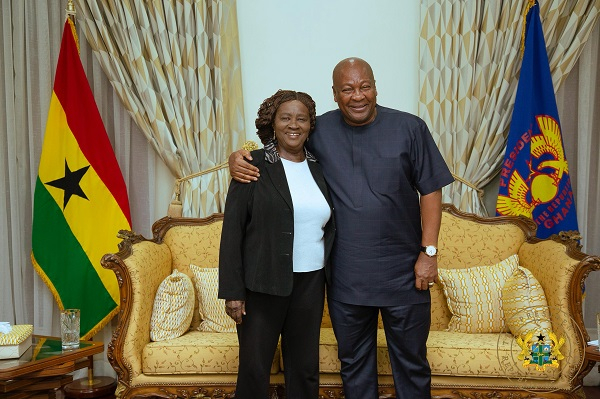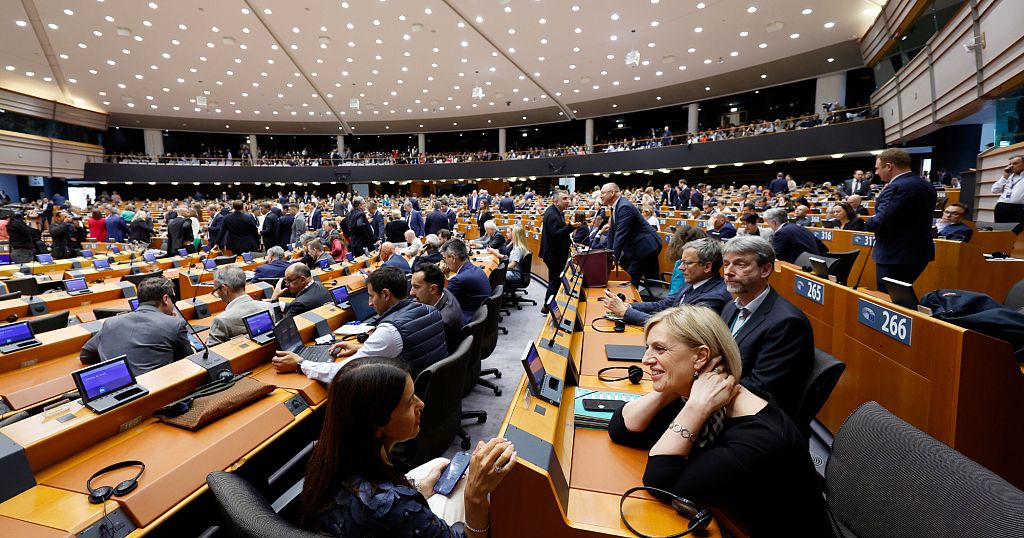Trump ambush a sideshow as SA investors focus on coalition
For investors, the spectacle of President Cyril Ramaphosa's fraught Oval Office encounter with US counterpart Donald Trump was little more than a sideshow.
The true test for Africa's most industrialised nation, they said, will be whether its coalition government can survive long enough to bolster lacklustre growth and contain debt.
When Trump confronted Ramaphosa on Wednesday with false claims of white genocide and land seizures during a face-to-face meeting at the White House that was broadcast live, back home South African politicians were finally uniting behind a budget.
Though it took three attempts, agreement on the spending bill puts to bed, at least for the moment, a tug-of-war that earlier this year threatened to destroy the fragile political union and sent the rand toward record lows and bond yields spiking.
The drawn-out budget saga was a painful episode for the government of national unity (GNU), its first significant attempt at a governing coalition in the country's 30-year history as a multiracial democracy.
A breakup of the GNU, which includes the ANC and longtime rival DA, would have derailed the reform momentum investors have been calling for. However, risks remain, investors told Reuters.
"I'm looking for the coalition to stay together. That's the most important thing," said Shamaila Khan, head of emerging market fixed income at UBS Wealth Management.
"For the moment the coalition is in place, but it's a shaky coalition. You want to be careful what you buy and make sure there's enough risk premium there."
For the past two decades, SA has struggled to achieve growth high enough to make a meaningful dent in gaping inequality and an unemployment rate that ranks among the world's highest.
Public debt, meanwhile, has shot up as the government has failed to rein in runaway spending, prompting credit rating downgrades.
For investors overall, most of the budget is market-neutral, said Kim Silberman, macro strategist at Matrix Fund Managers.
"The risk is that it's unlikely the debt will stabilise this year," she said.
The revised budget, stripped of a contentious value added tax hike, which the fiscally conservative DA had opposed, puts this year's deficit at 4.8% of GDP and lifts the peak debt ratio to 77.4% in 2025/26, up from 76.2% in March ahead of a decline.
However, much of the plan hinges on higher revenue collection and cost-cutting, with analysts predicting a challenge ahead.
The "real work begins", JPMorgan said in a note to clients on Thursday.
National Treasury officials told an investor call on Wednesday SA is committed to fiscal discipline and maintaining credibility. They also place significant faith in the SA Revenue Service (Sars), which recently received additional income.
Sars has indicated it could generate an extra R20bn to R50bn annually, which is not pencilled into the next budget but would enable Treasury to withdraw planned tax increases down the line.
In an interview with Reuters, however, finance minister Enoch Godongwana warned missing the revenue target would force substantial cost cutting.
Navigating the fragile balance between shoring up finances while keeping on board all the GNU's coalition partners - some of whom, such as the ANC and DA, embrace radically different ideologies - will be a balancing act for policy makers.
"Local politics play a big role," said Brendan McKenna, an executive director at Wells Fargo who covers emerging market economies and currency strategies.
If the coalition government is preserved, which is McKenna's base scenario, SA may gather more robust growth momentum and local markets could maintain their solid performance.
"Should the GNU disintegrate, growth prospects would dwindle and (the rand) would come under pressure. The possibility of recession would rise and stagnant medium-term growth would likely be a result," said McKenna.
Treasury officials acknowledged the increased political complexity when speaking to investors.
The first two budget attempts collapsed under political turbulence not seen in democratic-era SA until the ANC, the party of the late Nelson Mandela, lost its 30-year parliamentary majority in last year's election.
"The budget was the first significant piece of legislation the new government had to consider," Treasury officials said.
"Important lessons were learned."










